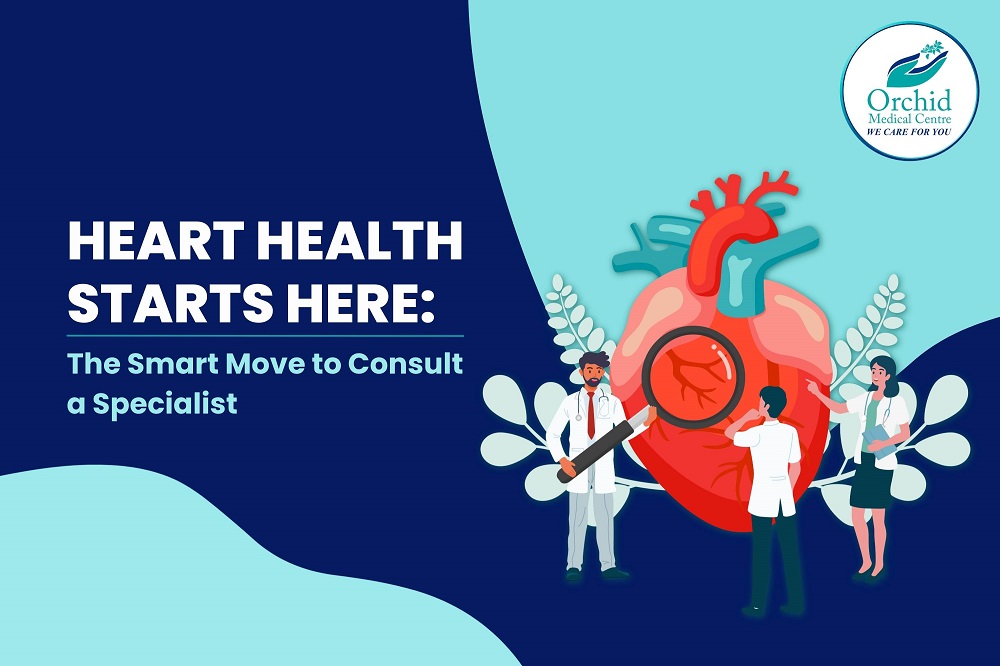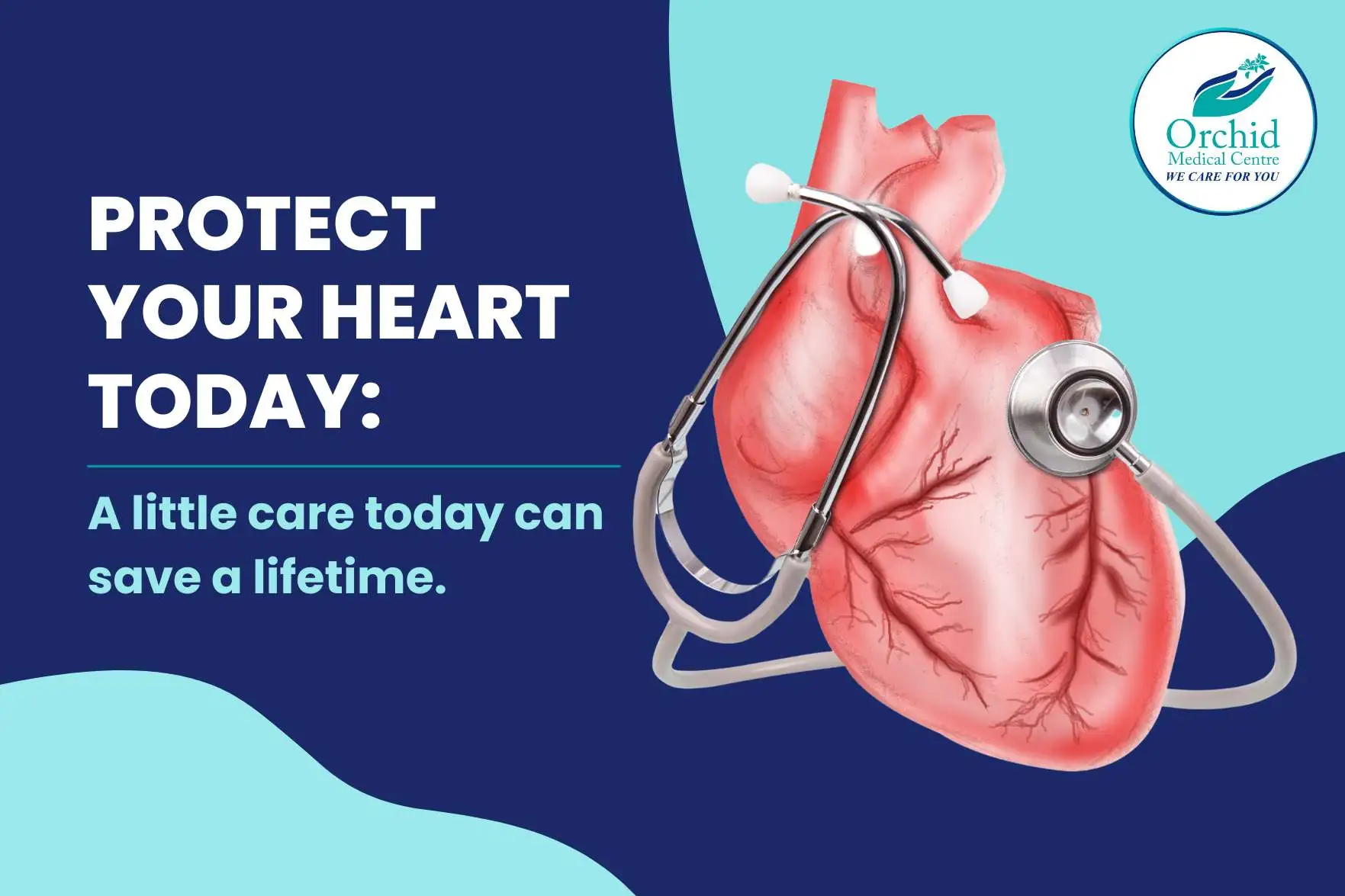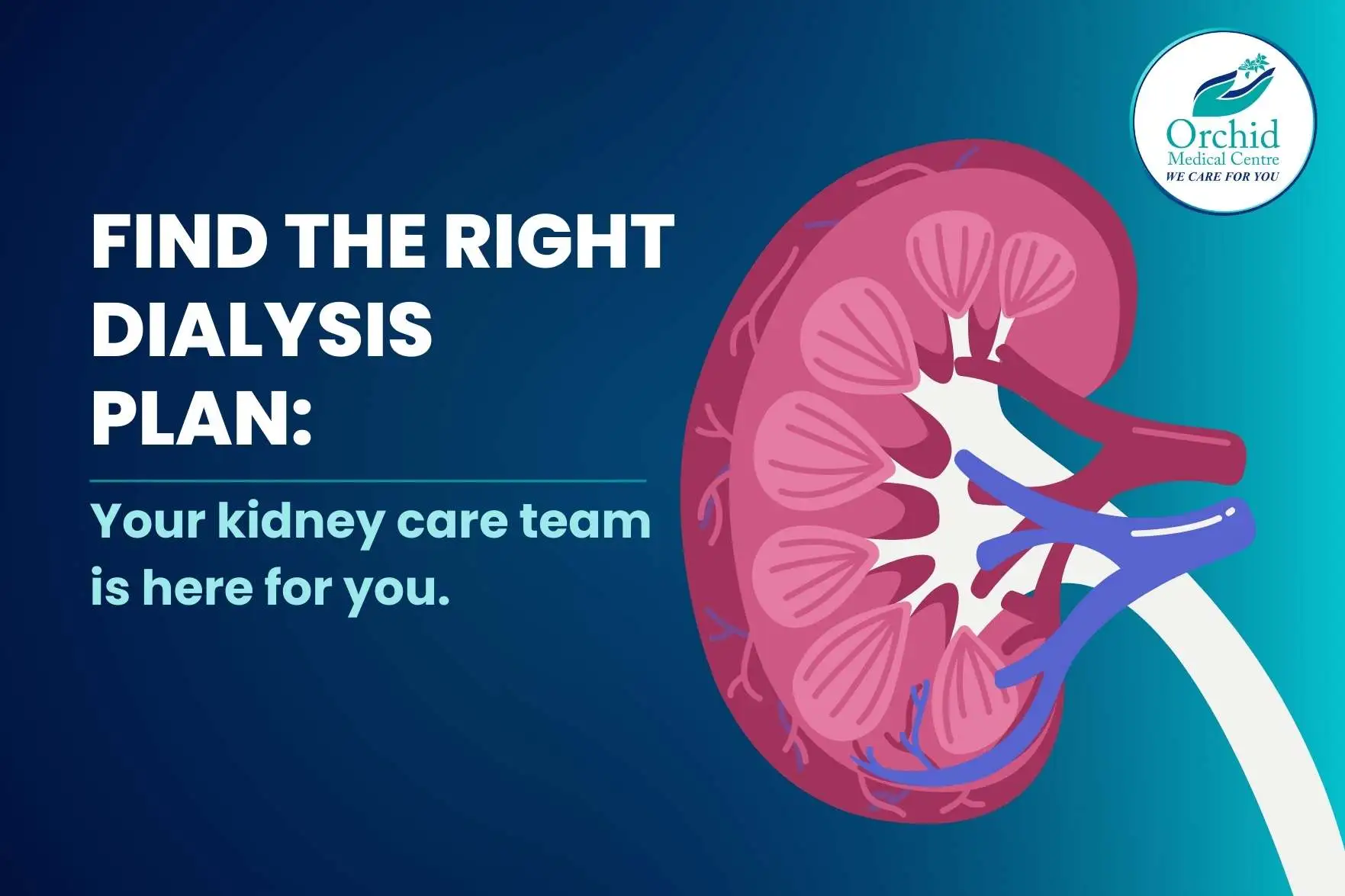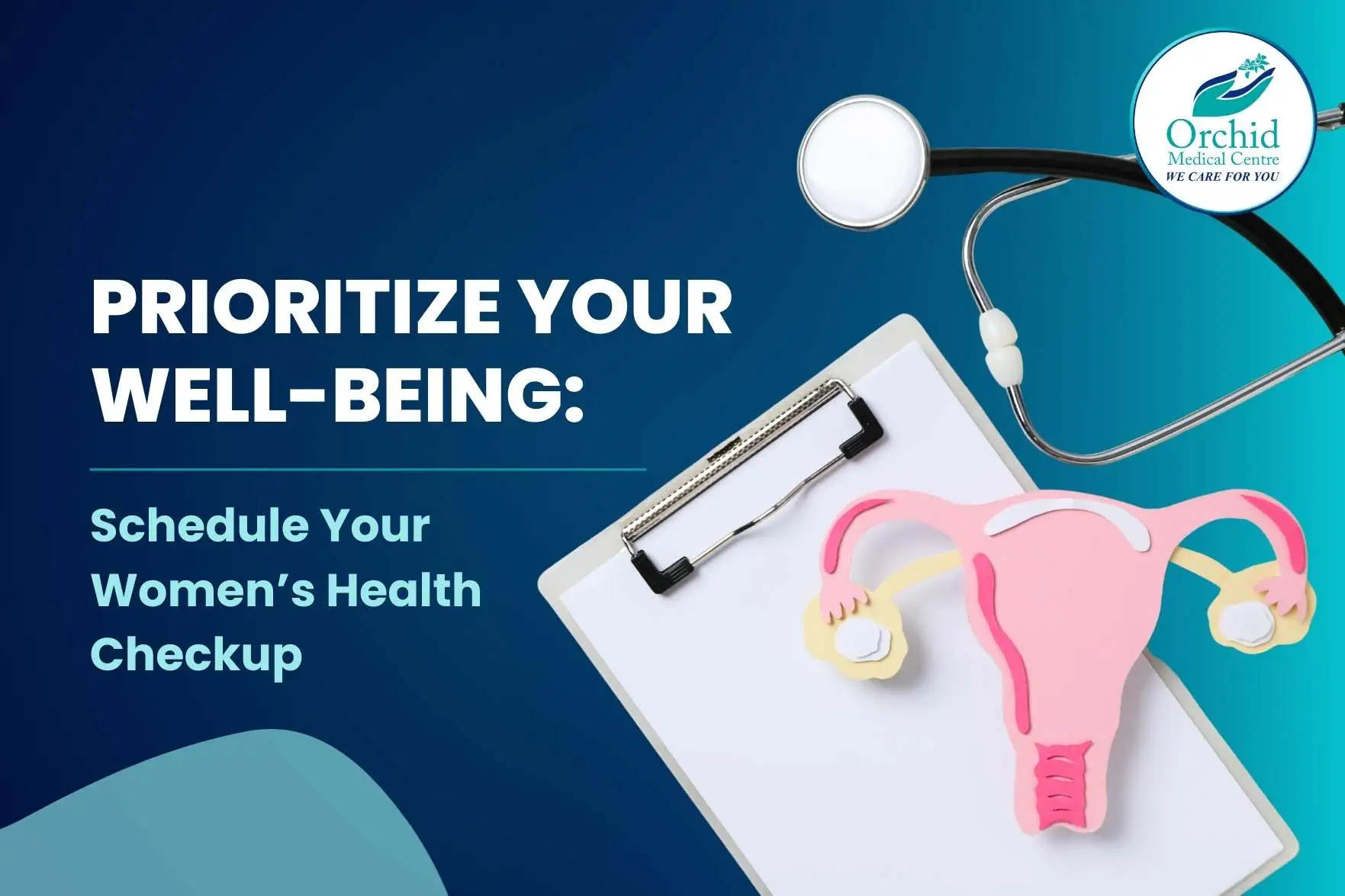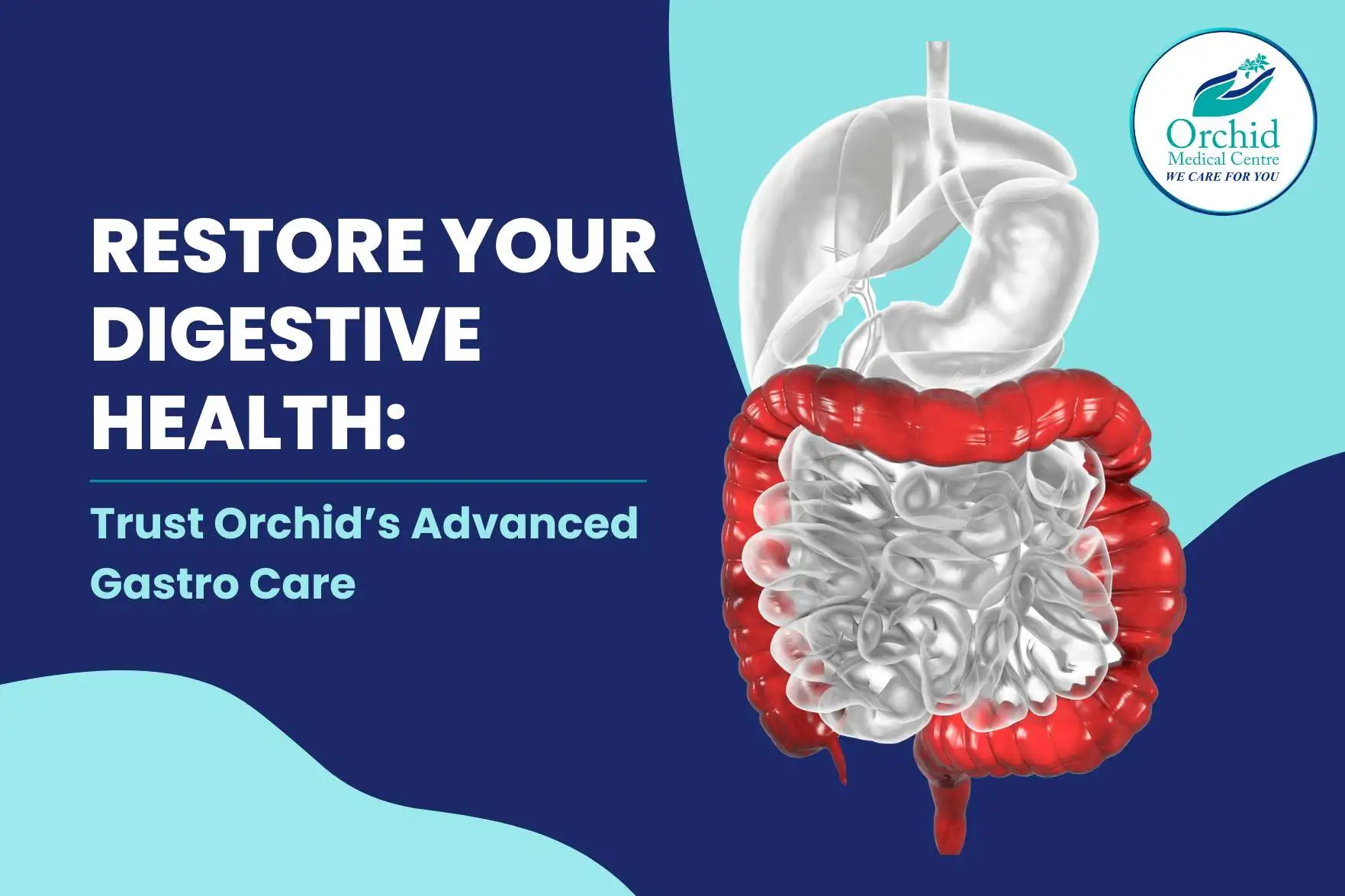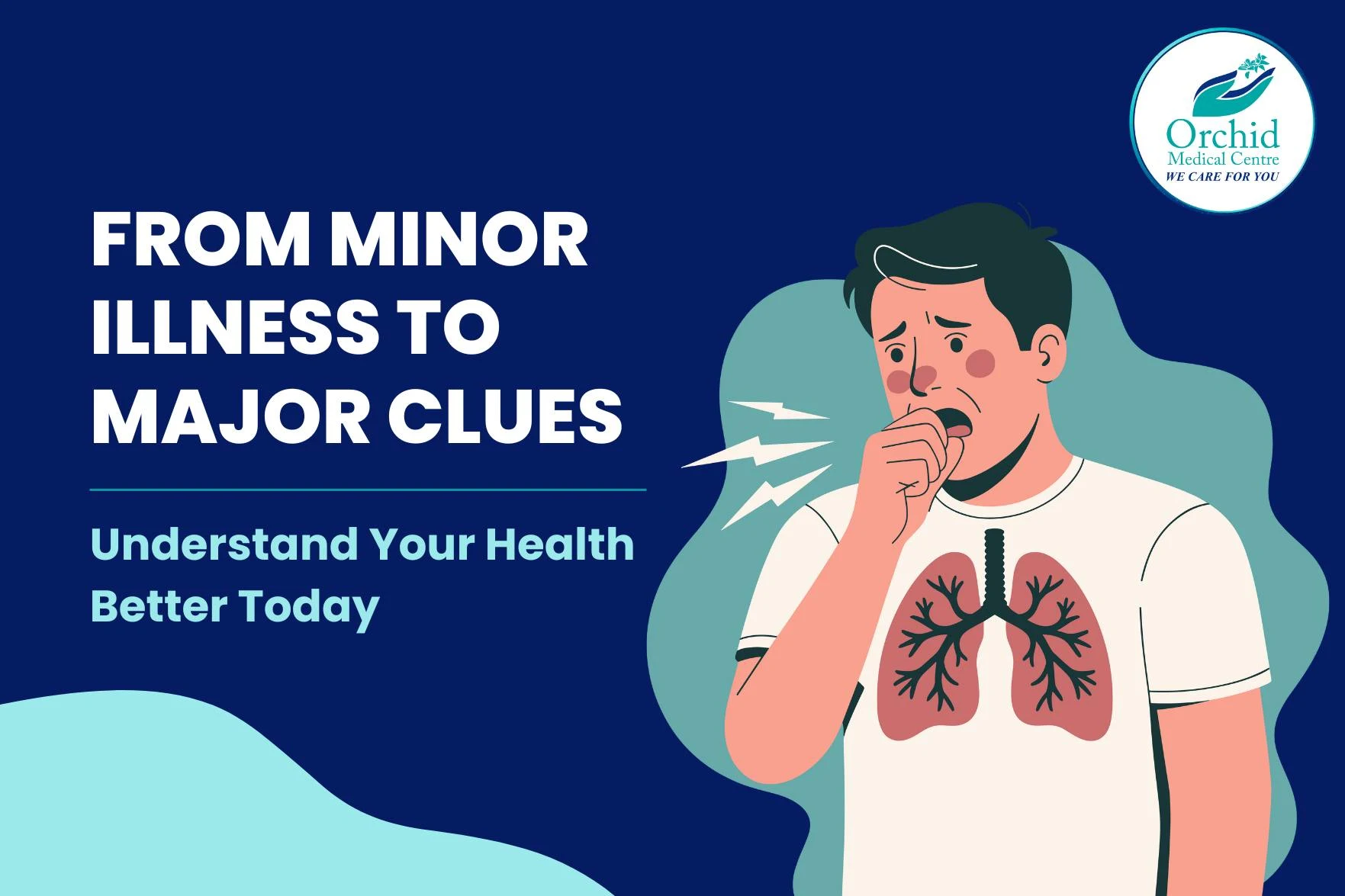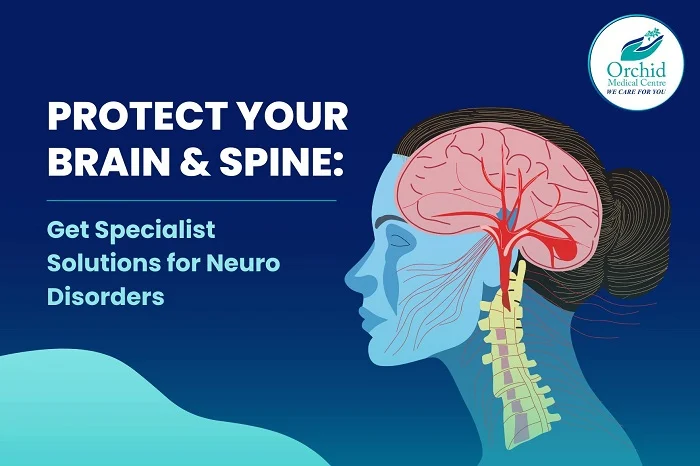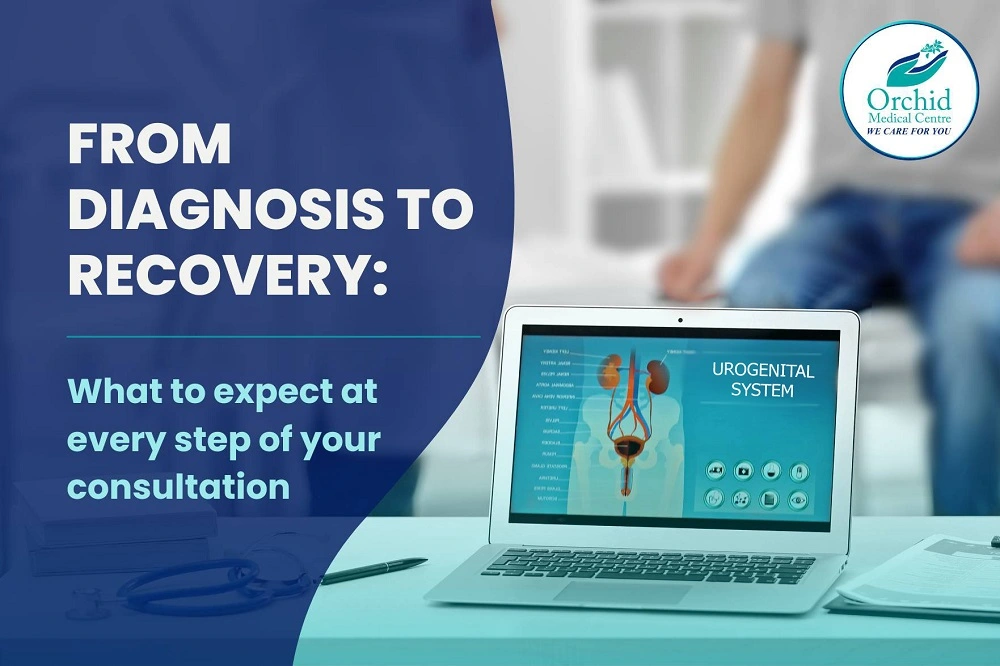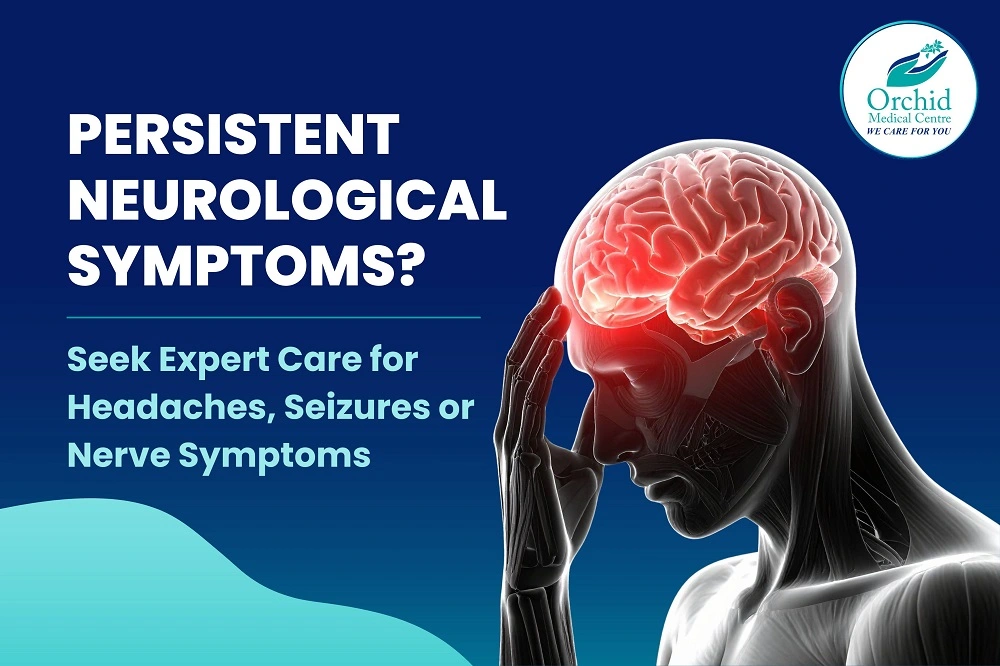Gastroenteritis is a condition that occurs when there is inflammation in the lining of the stomach and intestines. Though it is not usually serious in healthy people, it can sometimes lead to dehydration and cause severe symptoms. The main symptoms of this condition include diarrhoea, vomiting, nausea, belly pain, and cramping. It is usually caused by inflammation triggered by your immune system’s response to a viral bacterial infection. Let us see more details about the symptoms of gastroenteritis.

Blog Details
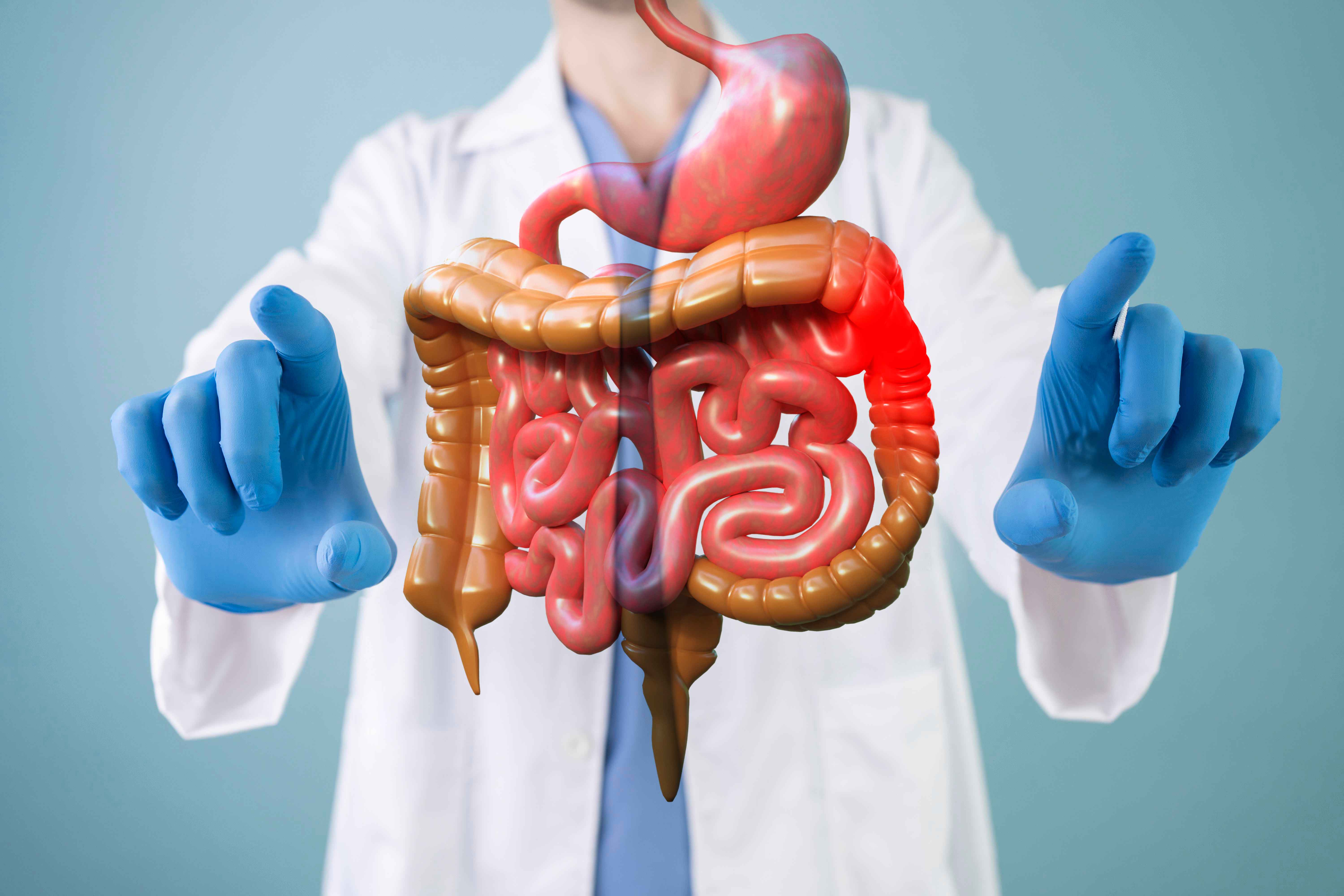
What are the Causes, Treatment Options, and Symptoms of Gastroenteritis?
It is possible to become dehydrated or have more serious symptoms even if you are not at high risk. You need to watch for warning signs and contact a healthcare provider right away.
Symptoms of Gastroenteritis?
The most common symptoms of gastroenteritis include pain or cramping in your abdomen, nausea, diarrhoea, vomiting, and sometimes fever. The gastrology doctor in Ranchi will check for these signs and symptoms. The condition can sometimes lead to dehydration or severe symptoms. Also, certain people are at a higher risk for these proteins, including older adults, pregnant women, infants, people with weakened immune systems or other serious health conditions, and babies born prematurely or have other health conditions.
So, if you are at a higher risk and have symptoms of gastroenteritis, you need to contact a healthcare provider right away. It is possible to become dehydrated or have more serious symptoms even if you are not at high risk. You need to watch for warning signs and contact a provider right away if you have the symptoms discussed below. For adults, they include:
- Diarrhoea lasting more than two days
- Vomiting often
- Change in mental state like lack of energy or irritability
- Six or more loose stools in a day
- High fever
- Stools that are black and tarry or contain blood or pus
- Severe pain in the abdomen or rectum
- Symptoms of dehydration like dry mouth, shirts, dark-coloured urine, headache, and urinating less than normal.
For children and infants, the symptoms include:
- Any fever in older children
- Vomiting often
- Change in the child's mental state
- Diarrhoea lasting more than a day
- Frequent loose stools
- Signs or symptoms of dehydration include urinating less than usual, no tears when crying, thirst, and dry mouth.
- Severe pain in the rectum or abdomen
- Stools that are black and tarry or contain blood or pus.
Causes of Gastroenteritis
There are many cases of gastroenteritis, like bacteria, viruses, parasites, chemicals, and reactions to certain medicines and food items. The virus is the most common cause of gastroenteritis and can be caused by many different types of viruses, like rotavirus and norovirus. If it is caused by consuming foods or drinks contaminated with bacteria, viruses, parasites, or chemicals, it is called food poisoning. The bacteria, viruses, and parasites that cause gastroenteritis can spread from one person to another.


Diagnosis of Gastroenteritis
The doctors may perform a physical exam, ask about your symptoms, and test your stool to diagnose gastroenteritis.
Treatments for Gastroenteritis
People with gastroenteritis usually get better on their own with rest and plenty of fluids and electrolytes. However, the doctor may suggest you take a probiotic to help shorten the case of diarrhoea. People with severe symptoms may need more medicines to control vomiting or nausea. Other medicines may also be given for certain types of gastroenteritis, like antibiotics for some bacterial types and antiparasitic medicines for parasitic types.
Key Takeaways
Gastroenteritis is a non-serious condition of the stomach but can sometimes cause severe symptoms. It can be treated by taking medicines like probiotics, antibiotics, and anti parasites and can also be prevented by proper safety measures.
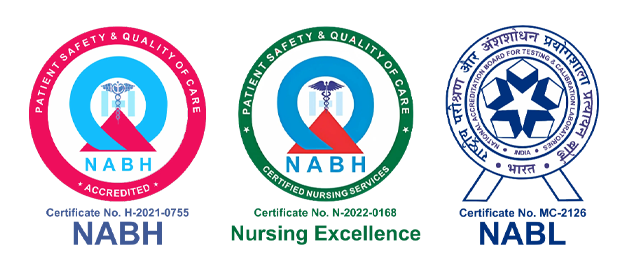




















.jpeg)

.jpg)


.webp)
.webp)

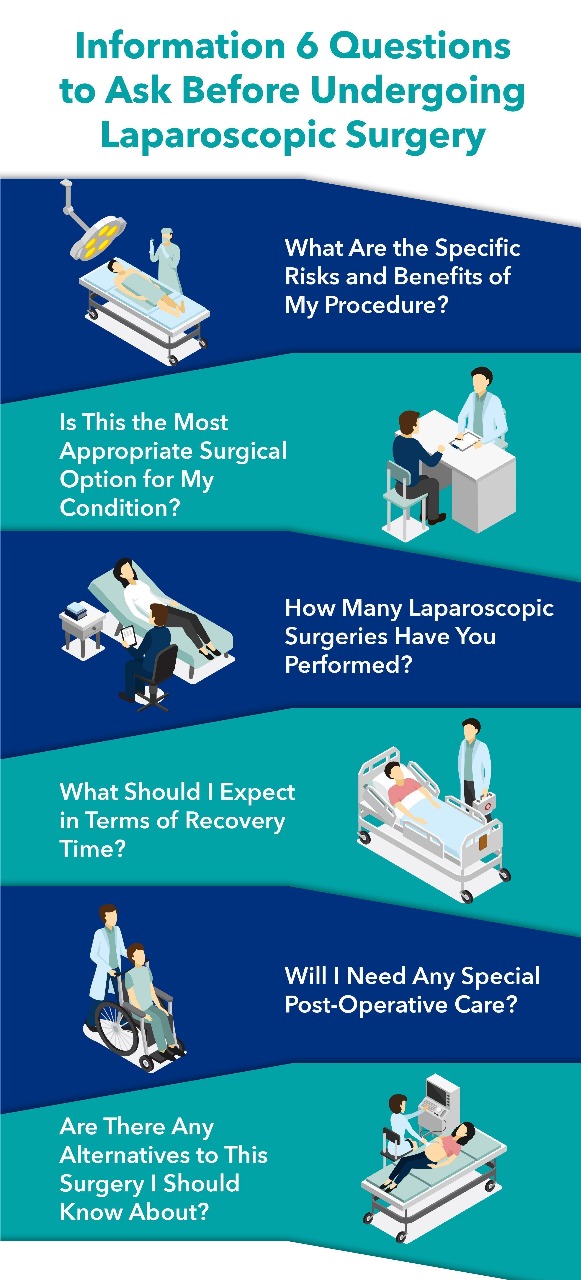

.webp)
.webp)

